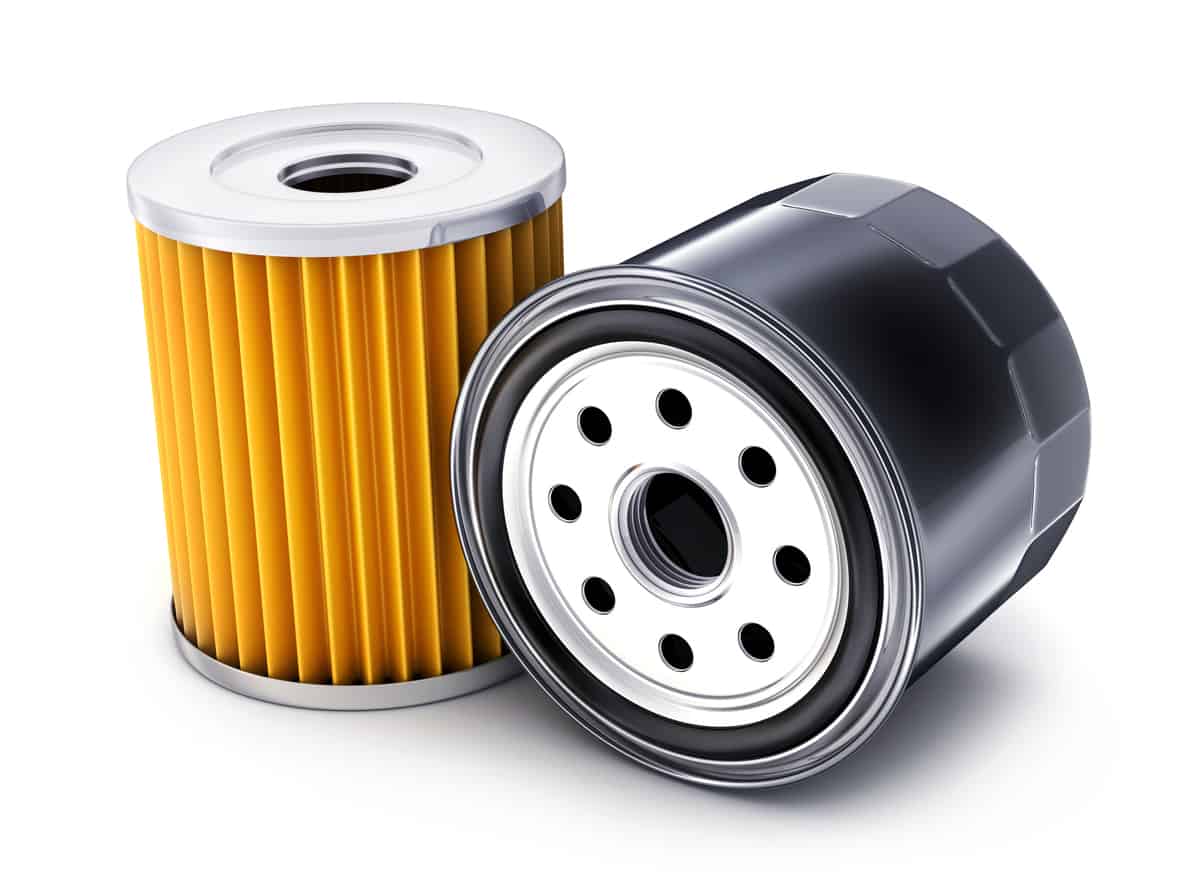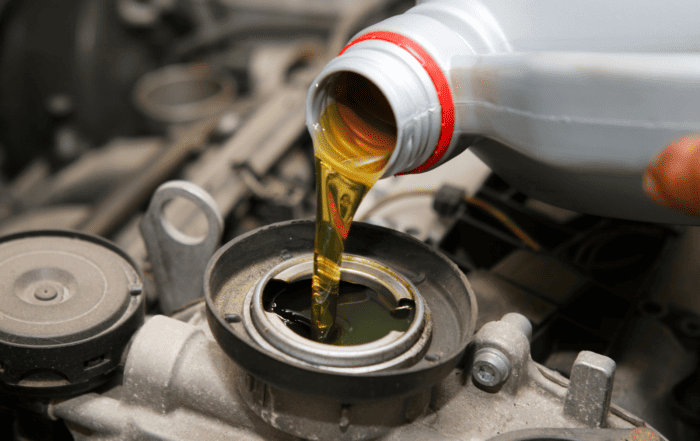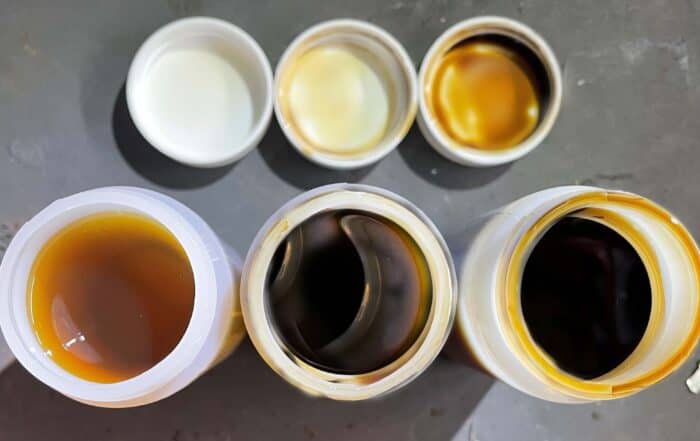By-Pass Oil Filtration
Is a by-pass oil filter worth it?

Want to run your oil longer than you used to? Lots of people do. We take many factors into consideration when determining your optimal oil change. Many people think choosing the right oil is important, but in reality, you can run any API-certified oil indefinitely, as long as it’s not contaminated. That’s the real key: not contaminated, with metal, solids, moisture, or fuel. So what can you do to keep your oil in pristine condition? Enter bypass filtration.
In-line oil filtration — the oil filter that comes installed from the factory — filters oil entering the engine down to roughly 30–40 microns (millionths of a meter). This is about the most the in-line system can achieve, because when the oil is cold or the filter is partially plugged, a finer filter would cause too great a pressure drop, forcing open the filter bypass valve and allowing unfiltered oil to circulate through the engine.
Bypass filtration works differently. When this type of auxiliary system is installed, some of the oil bypasses the in-line filter system, flowing though a bypass filter and then returning to the oil sump. Using this method, sump oil is constantly being cleaned any time the engine is running, and it can be filtered down to a very fine size. All you have to do to maintain the system is occasionally change the bypass filter.
Bypass filtration systems remove blow-by and oxidation products from the oil and can help reduce silicon accumulations. Having a bypass filtration system installed increases the overall sump size of the engine, helping dilute the concentration of metals in the oil. Oil does not wear out. Its usefulness is limited only by contamination. Bypass filtration removes or dilutes many of those contaminants.
Is a bypass filtration system a good move for your engine? The only way to know is to test your oil. Send us a sample and tell us you’re considering adding a bypass filter. We’ll let you know what areas of the report might see improvements and whether those improvements would be essential to run longer on your oil. Bypass systems can be helpful, though not everyone benefits from a bypass system in the same way. In general, we have found bypass systems to be helpful in keeping the oil clean.
Related articles
ZDDWhat?
An experiment to see if a lack of ZDDP will destroy an older, flat-tappet engine
To All the Oils I’ve Loved Before
What's the best kind of oil?
TBN/TAN: Do You Need One?
What exactly is a TBN or TAN, and do you really need one?
Sampling Methods
Does it matter how you take a sample?









